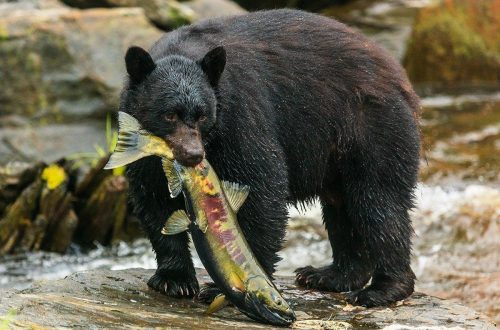The Shady Dealer’s Must-Take Classes of Summer 2018
By Deblina Mukherjee
April 20, 2018
1. Dystopia, Utopia, Australia (NELC 69300)
The scope of the honors section is the same as the standard section, but it covers material at greater depth and using more sophisticated mathematical methods.
This course aims to expose students to a variety of examples of well-designed social organizations, within the context of an area of great importance and interest: Australia. One goal is to clarify what it means to be a “dystopia” or a “utopia” or “Australia.” A second goal is to appreciate the features of good utopias, dystopias, and Australias. A third goal is to examine the variety of research methodologies in the social sciences, including ethnography, clinical case interview, survey research, experimental studies of cognition and social behavior, behavior observations, longitudinal research, and model building. The general emphasis is on what might be called the aesthetics of Australia.
2. How To Write A Maroon Op-Ed (ENG 93200)
The scope of the honors section is the same as the standard section, but it covers material at greater depth and using more sophisticated mathematical methods.
What is a Maroon Op-Ed? What impact did they have on human beings and on the writing of literature as the University of Chicago exploded onto the U.S. News and World Report rankings? In this course, we will trace the ecological, economical and emotional footprints of various past Maroon writers and editors. We will delve into the topic with a discussion of The University of Chicago: A History by John Boyer, continue with a reflection on the human being as an op-ed columnist, transition to accounts on opinions (generally) and end with some current Maroon Op-Ed columnist extravaganzas, which will include a visit to the Maroon Offices in the windowless basement of Ida Noyes.
3. Introduction to Goldman Sachs (ECON 83400)
This course explores how Goldman Sachs and incoming summer analysts explain many different aspects of the college experience. Specific topics include evolutionary theory, natural and sexual selection, game theory, cost-benefit analyses of behavior from an evolutionary and a behavioral economics perspective, aggression, power and dominance, cooperation and competition, biological markets, parental investment, life history and risk-taking, love and mating, physical attractiveness and the market, emotion and motivation, sex and consumer behavior, cognitive biases in decision-making, and personality and psychopathology. This class aims to adequately prepare the Assets of 2022 to become the Donors of 2032.
4. Clocks, Socks and Flocks In The British Empire (PBPL 75930)
The scope of the honors section is the same as the standard section, but it covers material at greater depth and using more sophisticated mathematical methods.
The British Empire is the product of political, historical, economic, and cultural factors of several key clocks and several other key socks that lead to certain outcomes (and not others). This course will examine each of these factors and their importance in shaping the British Empire as it existed in Britain, with consideration of both public clocks and sock control policies, as well as the theoretical underpinnings of imperial activism and policymaking.
5. The Sociology of RSOs (SOC 54300)
This course will introduce students to a range of debates on the nature and effects of registered student organization social networks. How are registered student communities like organic communities and how are they different? How does an individual’s RSO and non-RSO worlds relate? What are the social consequences of “registered” “student” “organizations”? Students will learn the theories and methods that sociologists use to approach these questions. After being introduced to sociological tools that can be used to study registered student communities, such as campus life ethnography and student leader analysis, students will practice using these methods to conduct their own research projects. This course will prepare students for further study in the social sciences by expanding their theoretical knowledge and methodological skills. It will help them think critically about the part that RSOs play in their social worlds. It will also be of interest to students pursuing a variety of careers in growing fields associated with social media (e.g., online marketing, advertising, and user experience) in which a strong background in social science methods is valued.



